IPCC at UNFCCC COP28 Map
01-Dec-2023 to 10-Dec-2023
 Address: Opportunity Petal, Thematic Arena 3, Ground Floor, TA3-115
Address: Opportunity Petal, Thematic Arena 3, Ground Floor, TA3-115
The Intergovernmental Panel on Climate Change (IPCC) is planning a strong presence at this year's 28th Conference of the Parties (COP28) of the United Nations Framework Convention on Climate Change (UNFCCC). COP28 is running from 30 November to 12 December in Dubai, United Arab Emirates.
The IPCC will display a rich scientific program of its own events at the “Science for Climate Action” pavilion. IPCC lead scientists and authors will also have an active part in several mandated official events.
This year´s pavilion is co-hosted by the IPCC, the World Meteorological Organization (WMO), and the MERI Foundation and will be located in the Blue Zone.
Full Programme
Daily Programme
Exceeding and returning to 1.5°C: what are the knowledge gaps?
The Session addresses the concept of overshoot - exceeding then returning to or below a level of global warming - in the context of the long term global temperature goal. Overshoot in the IPCC Sixth Assessment Report (AR6) cuts across all aspects of the Climate Change Assessment of Climate Responses, Impacts, Adaptation and Mitigation. Presentations will discuss how overshoot has been assessed from a conceptual perspective, in future climate and socio-economic scenarios, the implications for climate, including extremes, for natural and human systems, and for policy development. The session will include discussions on the state of scientific knowledge across disciplines, the gaps and needs to inform policy development, including in relation to response options, and the UNFCCC process.
View MoreWhere is global warming in relation to the long-term temperature goal?
Aims:
To interpret 2023’s extreme temperatures in the context of the Paris Agreement, including for the science community to understand how the Paris Agreement long-term temperature goal (LTTG) is interpreted and used in UNFCCC negotiations; and for the policy-making community (to understand how the chosen definition of temperature change affect the quantification of global warming to date) Also, how to track these and other indicators of climate change between IPCC report cycles.
Narrative
2023 has broken global temperature records, but will such records continue to fall, and if so what are the longer-term implications? Over the next decade, global greenhouse gas emissions might be expected to peak and start to decline, but global temperatures can still be expected to breach 1.5°C of warming above their pre-industrial level with increasing frequency. With around 7 years until the next IPCC Assessment Report is expected, how can the UNFCCC and other stakeholders best access, incorporate and utilise trusted information on climate trends, to better understand and make assessments of where we are in terms of the Paris Agreement long-term temperature goal (LTTG)? And how can climate scientists support them in doing so?
Physical Science Challenges for AR7
The event will discuss physical science challenges for the seventh assessment cycle in the light of knowledge gaps identified in the Sixth Assessment Report, and of the scientific outcomes of the World Climate Research Programme conference held in Kigali in October 2023.
View MoreClimate Change and Health: Main Findings from the IPCC Sixth Assessment Report
This event will explore the interconnections between human health, ecosystem health, and climate change, including relevant topics, such as: observed and potential impacts of climate change on human health, as well as the co-benefits of CC mitigation for human health, based on key findings of IPCC Working Group II and III, respectively; the interlinkages between climate change as direct driver of biodiversity loss, eco-systems health and human health by combining the perspectives of recent reports by IPCC and IPBES, among others. This event may also explore lessons learned from the assessment of climate action and responses to Covid19 pandemic in recent years: the role of science, implications for local development, equity considerations, and the role of international cooperation.
View MoreSupporting Climate Science and strengthening IPCC engagement in under-represented countries
This Session will address challenges that IPCC Member States face in supporting climate science and engaging with the IPCC. It will focus on common challenges faced by Least Developing Countries, small or emerging economies. These include language barriers, ways to foster climate-related research, identify authors or fund engagement in the IPCC. Challenges identified in the last cycle will be reviewed and then success stories will be highlighted. Participants will be asked to jointly brainstorm ways the IPCC can help strengthen capacity and ensure diverse Member State engagement in the AR7 cycle.
View MoreSide Event - Key Tools Supported by the UNFCCC Secretariat to Strengthen the ETF
Presentation of the SAGE - data collection and management tool, latest version of the IPCC inventory
software, and MITICA - mitigation tool, aimed at strengthening the operationalization by developing
countries of the Enhanced Transparency Framework under the Paris Agreement
Side event jointly organized by the UNFCCC secretariat, the IPCC Task Force on National Greenhouse Gas Inventories (TFI), the Greenhouse Gas Management Institute (GHG MI), and Gauss International Consulting
Location: Room 1
View MoreSide Event - Key Findings of the IPCC’s Sixth Assessment Report in the Context of Recent Developments and Outlook for the Seventh Cycle
Recent extreme events and developments in emissions, adaptation and finance since the publication of the IPCC’s Sixth Assessment cycle reports (AR6) have led to questions about current climate and potential future warming, among others. Are recent extreme weather events consistent with AR6 findings? Could we be approaching critical physical thresholds or tipping points? Can we still effectively adapt to increased risks to human and natural systems? Is limiting global warming to 1.5°C still achievable?
The purpose of the side event is to reflect on selected key findings of the IPCC’s Synthesis Report and other AR6 products, in the context of recent developments. Each of the working groups provide anchors to recent trends from AR6, followed by an outlook into the priorities of the Seventh Cycle. How do recent developments fit into the conclusions and outlook presented in the three working group reports and the Synthesis report? Which are the key new knowledge gaps that need to be addressed for a most effective AR7 cycle?
Location: SE Room 1
View More
Energy and industry: Insights from AR6 and knowledge gaps for AR7
This session summarizes the key findings from the IPCC’s Sixth Assessment Report (AR6) and identifies knowledge gaps for the Seventh Assessment Report focused on energy and industry. Presentations will highlight the role of energy and industry in emissions and mitigation from the Working Group III contribution to AR6, climate change impacts and adaptation in these sectors from the Working Group II contribution to AR6, and the synthesis of this information from the AR6 Synthesis Report. The discussion will focus on knowledge gaps that could be addressed in future IPCC assessments.
View MoreThe road ahead for the IPCC Special Report on Climate Change and Cities in AR7
This session will introduce the pathway for the Special Report on Climate Change and Cities (SR-Cities) that will be developed during the IPCC Seventh Assessment Report (AR7). It introduces the context underlying the special report, and reviews urban assessments undertaken in AR6 from all three WG reports, and in the Synthesis Report. The discussion, which will involve speakers from across IPCC Working Groups and from relevant observer organisations, will be a consultative one with audience members on soliciting priorities and knowledge gaps in both scoping and developing the Special Report
View MoreCarbon Dioxide Removal (CDR) to reach net-zero and return from overshoot: knowledge gaps and research priorities
The session addresses carbon dioxide removal (CDR), which was found to be unavoidable to reach net-zero CO2 or GHG emissions in AR6 WG III & SYR, and which is an essential element of returning from a temporary temperature overshoot, via net-negative CO2 emissions.
Since COP21 in Paris, there has been a clear trend to increasingly integrate CDR in climate policymaking (considerations), which will only accelerate with the emerging discussion on overshoot trajectories for 1.5C. This can, for example, be detected in sixth assessment cycle products and their influence, but also in yet to be published annual reports like the UNEP EGR 2023 (where OG co-leads a CDR chapter). It can be expected that CDR will play a bigger role during AR7 than in AR6.
After an initial presentation on the AR6 approach, speakers from Working Groups I, II, III and TFI will provide insights on emerging research areas and persisting knowledge gaps, including on Earth System responses, CDR and natural ecosystems, CDR innovation and policymaking, overlaps/delineations between CDR, CCS and CCU, and methodological guidance for national inventories.
View MoreRelease of the new version of the IPCC inventory software for GHG inventories
Presenting the new version of the IPCC Inventory Software (2.89) with full capacity on all Methodological Tiers and Approaches provided in the 2006 IPCC Guidelines, and its 2013 Wetlands Supplement, for all IPCC inventory categories, and interoperability with the UNFCCC reporting tool for CRTs under the ETF
View MoreTransforming Education to Empower Youth and Enhancing the Participation of Young People in Climate Change Science and IPCC Process: Challenges, Opportunities, Lessons Learned
The session will focus on exploring the challenges, opportunities, lessons and impacts related to the participation of young people in climate change science and in the IPCC to promote the increased and improved participation of young people in climate change science and in the various aspects of IPCC Process and activities.
Adaptation-Mitigation Synergies and Tradeoffs
This session will explore synergies, and possibly tradeoffs, between adaptation and mitigation. It is clear that ambitious mitigation is also critical to adaptation success. As noted by the AR6 IPCC Synthesis Report, “The effectiveness of adaptation, including ecosystem-based and most water-related options, will decrease with increasing warming”. At the same time, some mitigation measures, deployed at certain scales, can have negative impacts on sustainable development and adaptation. For example, afforestation or production of biomass crops can have adverse socio-economic and environmental impacts, including on biodiversity, food and water security, local livelihoods and the rights of Indigenous Peoples, especially if implemented at large scales and where land tenure is insecure. Many gaps in knowledge remain about these synergies and trade-offs. This session will highlight system transitions, identified in AR6, that can help exploit synergies and avoid trade-off, and also try to identify critical areas for research to inform AR7.
View MoreMethodology work during AR7 cycle
Presenting methodology work on emission inventories planned to be carried out during AR7 cycle by the IPCC Task Force on National Greenhouse Gas Inventories, focused on the Methodology report on Short-lived Climate Forcers emissions inventory
View MoreFood, agriculture, land, and water: Insights from AR6 and knowledge gaps for AR7
This session summarizes the key findings from the IPCC’s Sixth Assessment Report (AR6) and identifies knowledge gaps for the Seventh Assessment Report (AR7) focused on food, agriculture, land, and water. Presentations will highlight findings from the AR6 reports related to:
- Mitigation in food and agriculture,
- Impacts and adaptation options for food, agriculture, and water; and
- Linkages between climate, food, agriculture, water, and sustainability.
The discussion will focus on knowledge gaps that could be addressed in future IPCC assessments.
View More